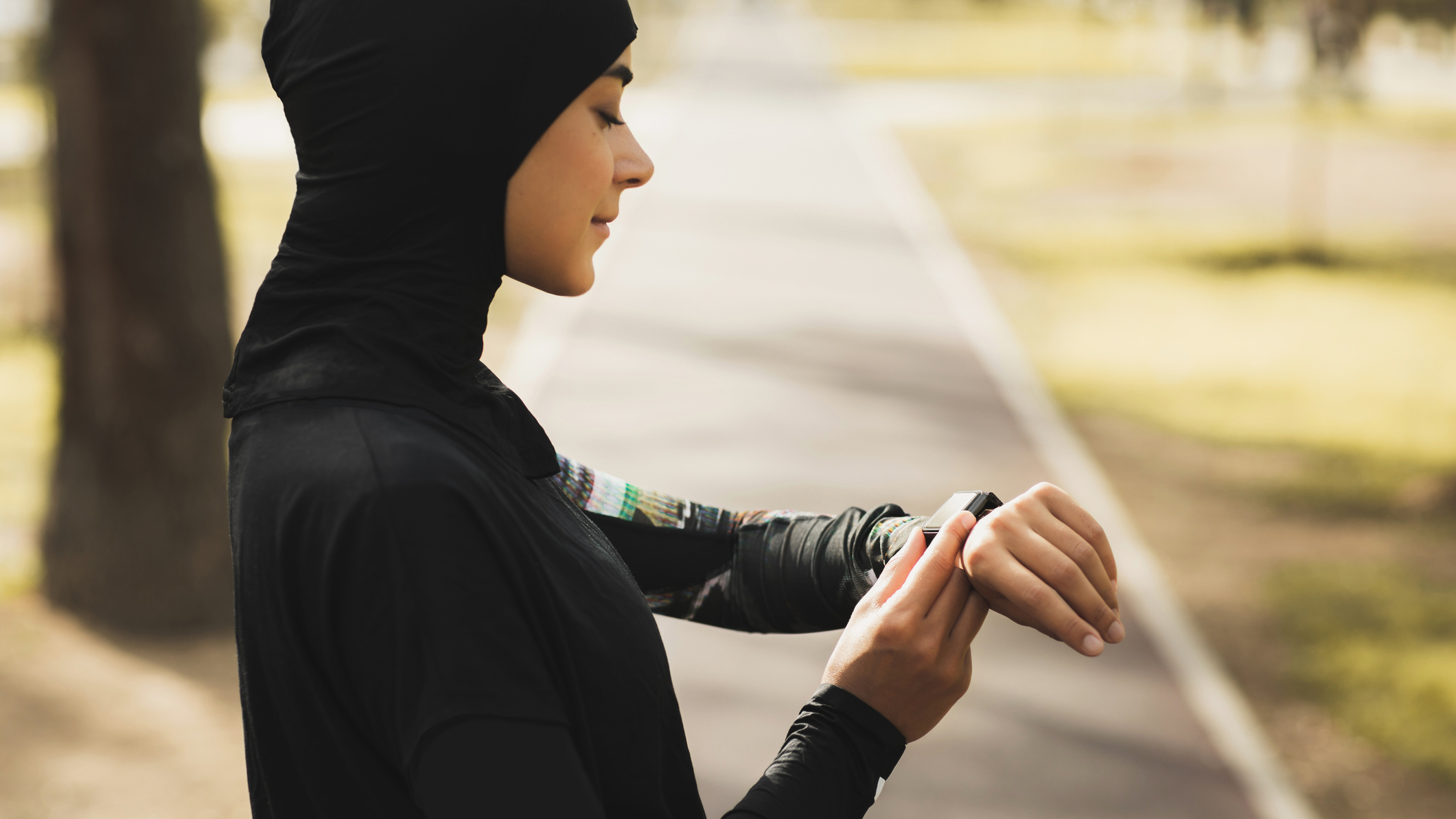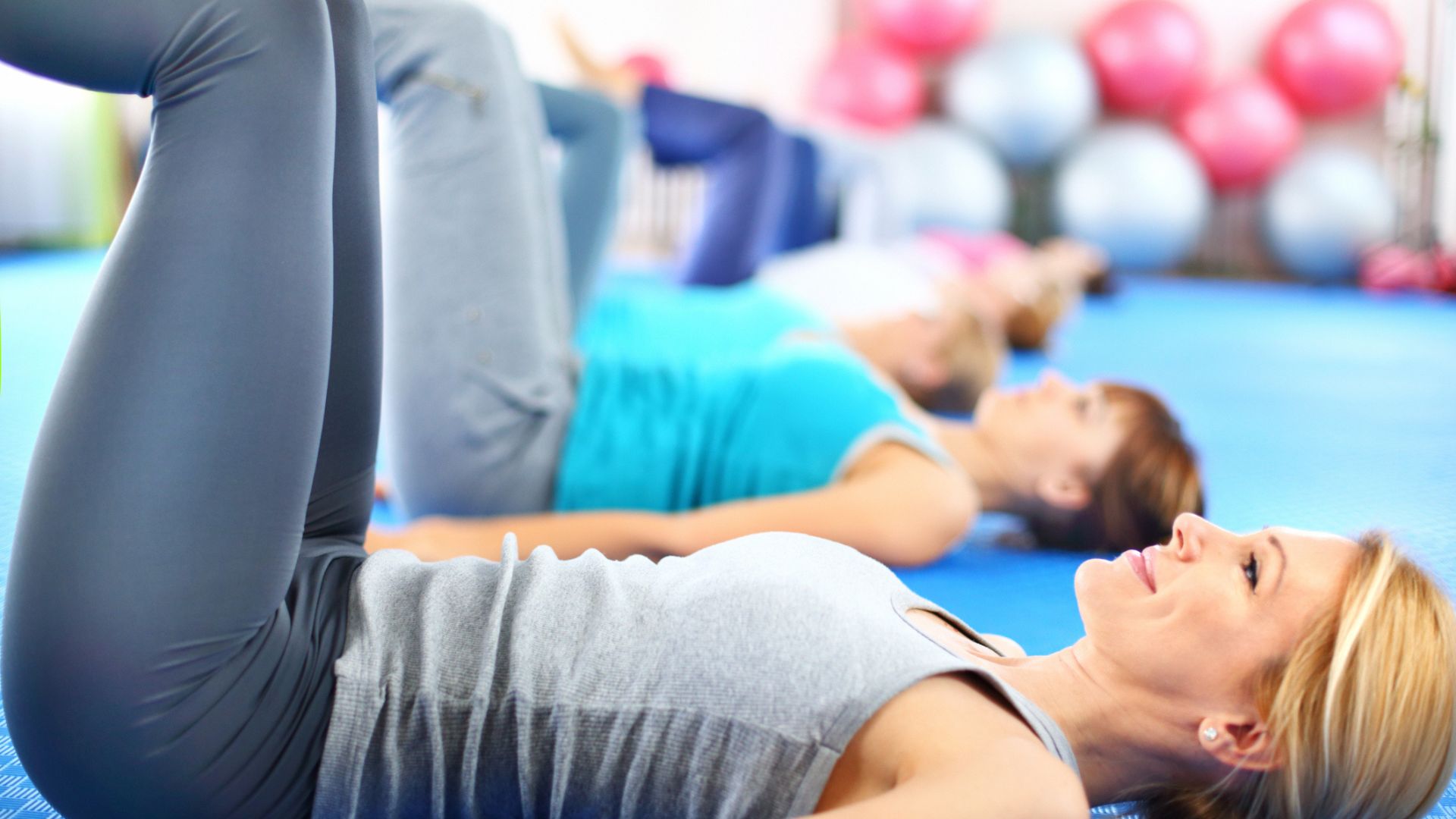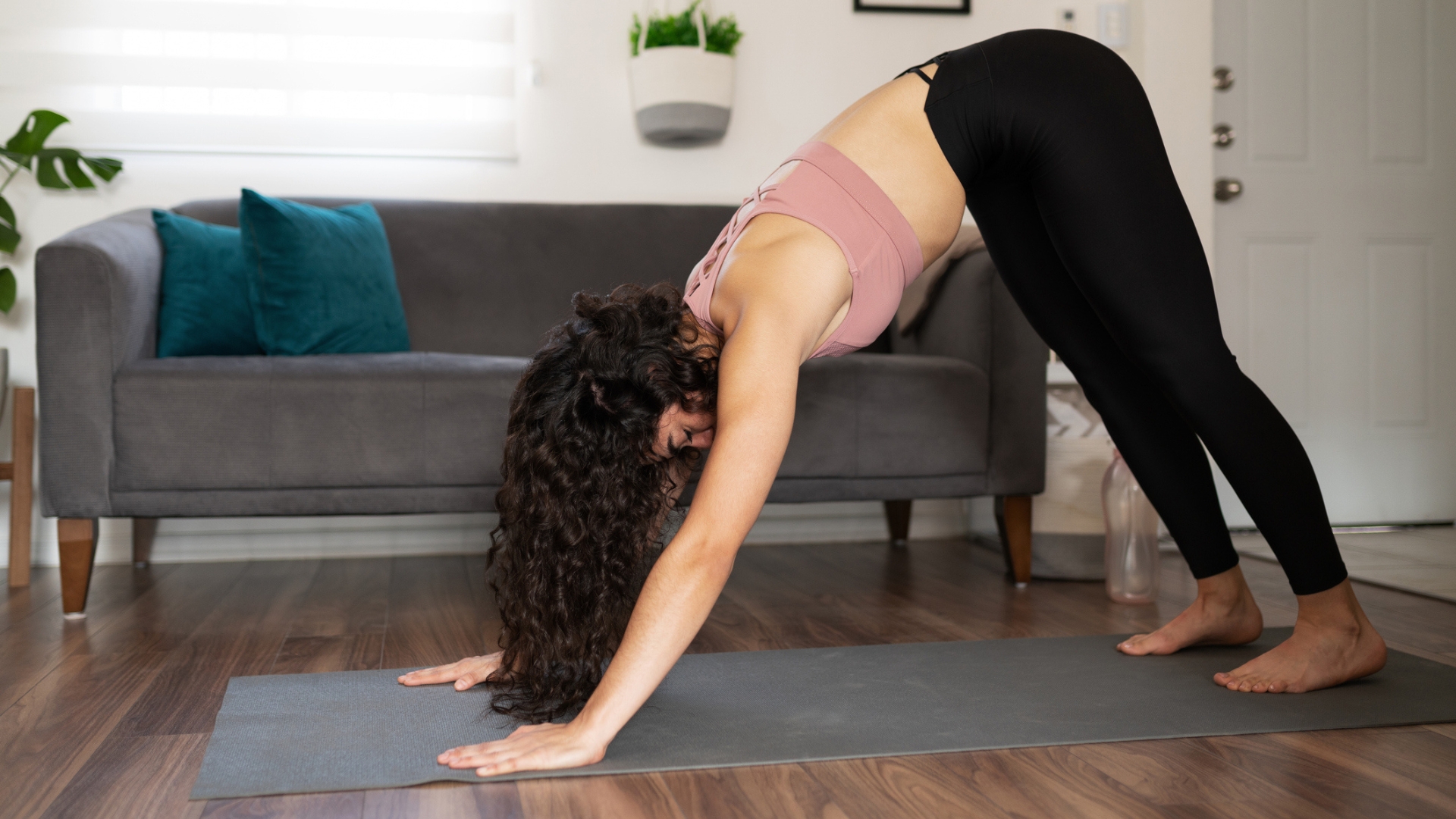Do fitness trackers like Fitbit and Garmin really help you lose weight?
Fitbit, Garmin and other fitness tracking brands provide you with a lot of information. But do they help with losing weight?


Have you snapped up one of the Fitbit deals that have been appearing online? Whether you picked up a nondescript fitness tracker or a fully-kitted-out smartwatch, the chances are you've bought a device to motivate yourself into being more active. The best fitness watch and fitness trackers can do a lot of cool things, from monitoring your heart rate and activity levels to send you a gentle reminder when you've been sitting down too long. But do they really help you lose weight?
A study published in the American Journal of Preventative Medicine sought to find out. According to a Harvard Medical School report, a randomized controlled trial of 51 overweight postmenopausal women were split into two groups, with one using a digital tracker and the others using an analogue pedometer. At the end of the study, those who wore an activity tracker exercised 38 minutes more a week than those who used pedometers.
“Fitness trackers are a great tool for heart health,” says cardiologist Seth Martin, M.D., M.H.S., from John Hopkins University. “Being more active and changing your habits is important, but it can be difficult. Tracking likely helps a lot of people when combined with a clear goal to shoot for.”
Why get a fitness tracker?
The main way fitness trackers work is through providing you detailed information on your heart rate, calories burned, quality of sleep and other metrics. Using this information, you can adjust your habits to become healthier.
For example, your tracker might show you a better sleep score if you don't drink caffeine or alcohol before bed, indicating you're well-rested. Or you might listen to the tracker's prompts to walk around for a few minutes every hour, resulting in a notification when you hit 10,000 steps a day. The goal of any fitness tool should be to make it easier for you to live a healthy lifestyle, and this is what the best fitness trackers do.

Which fitness tracker is right for me?
You might be a little intimidated by the sheer amount of options available, and all the different deals on offer. Will going with the best Garmin Watch deals, for example, be better than some of the Fitbit Sense deals on right now?
It all comes down to your personal preference. Garmin produce great all-round fitness watches, but they're largely engineered with runners, hikers, cyclists and triathletes in mind. If you prefer exercising at home, in the park or in the gym, you may be better off with a different model.
Get the Fit&Well Newsletter
Start your week with achievable workout ideas, health tips and wellbeing advice in your inbox.
If you're looking for a watch that connects to your phone, so you can read emails and receive calls as well as monitor your vitals, you'll want a fitness watch such as these Fitbit Versa deals. If, however, you're just looking for a simple, unobtrusive band, the best fitness tracker deals are for you.
Most bands, like the Fitbit Inspire or Honor Band ranges, have much of the same tracking features as their fitness watch counterparts, but none of the connectivity bells and whistles or third-party apps that go on smartwatches. Instead, they simply monitor your progress, allowing you to get detailed information with their accompanying apps.
Matt Evans is an experienced health and fitness journalist and is currently Fitness and Wellbeing Editor at TechRadar, covering all things exercise and nutrition on Fit&Well's tech-focused sister site. Matt originally discovered exercise through martial arts: he holds a black belt in Karate and remains a keen runner, gym-goer, and infrequent yogi. His top fitness tip? Stretch.
-
 A Pilates instructor says this is the beginner-friendly core exercise everyone should try
A Pilates instructor says this is the beginner-friendly core exercise everyone should tryForget crunches, this is the perfect foundation move
By Alice Porter
-
 Prevent poor posture and release tension from sitting down with these four simple stretches from a yoga instructor
Prevent poor posture and release tension from sitting down with these four simple stretches from a yoga instructorThe daily poses he swears by, no matter what
By Alice Porter